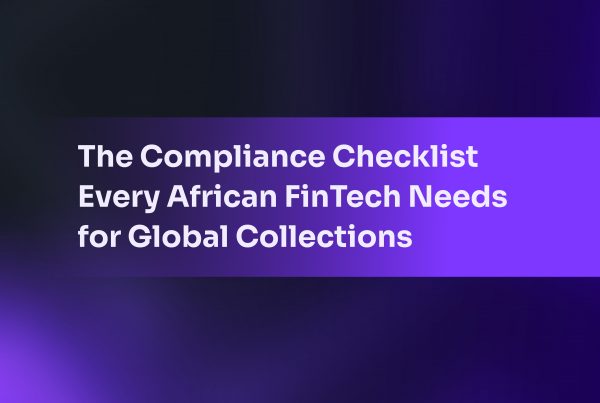Mercury abandons Nigeria
The Nigerian start-up space has been up in fuss over the decision of popular US neobank Mercury to close accounts of users across 13 countries in Africa by August 22, 2024.
Caught up in a federal security regulatory scrutiny, Mercury, a fintech company that provides banking services to start-ups worldwide, revealed that they will close the accounts of users from Nigeria and other countries associated with the Financial Action Task Force (FATF) Grey list- the FATF identified countries with weak measures to combat money laundering and terrorist financing (AML/CFT).
Mercury had become a crucial banking partner with start-ups in the Nigerian and African tech space after taking on several start-ups following the collapse of the Silicon Valley Bank in March 2023.
Having acquired more than 100,000 businesses, Mercury faced scrutiny from the Federal Deposit Insurance Corporation (FDIC) for opening accounts in legally risky countries.
This scrutiny has now forced Mercury to reassess its exposure to risk and make some regulatory and compliance decisions, including terminating the accounts of users who live in certain countries, including Nigeria.
Local alternatives
For Nigerian and African start-ups, this is familiar territory, as they have been made to face similar restrictions by foreign financial institutions, including Mercury, which in 2022 closed the accounts of several accounts linked to African start-ups without notice.
Many reactions have followed Mercury’s latest restrictions, with many suggesting that the fintech company has chosen to reduce investments in ensuring compliance in Africa because these costs outweigh the revenue it earns from banking users in the region.
Others believe that local alternatives are the best bets for African start-ups to continue enjoying seamless banking in foreign currencies, which is crucial for attracting and handling foreign investment.
Our Chief Executive Officer and Founder, Wole Ayodele, belongs to that school of thought.
“Most western financial institutions also look at the revenue they can get from banking Africans vs the risk and more often than not decide that banking/providing Africans access to certain global financial services is not worth the risk. Start-ups being shutdown is not an isolation, many Africans have also had their personal Monzo, Revolut, Wise etc accounts blocked or closed for no justifiable reasons as well,” Ayodele tells tech platform Bendada.com.
“However, a company like Fincra or other builders that have distinguished themselves and gotten requisite licenses and AML frameworks helps to de-risk Africa for them. For Fincra’s USD Account API, for instance, we have gotten requisite approvals to specifically onboard Nigerians, Kenyans, Ghanaians, Egyptians, Senegalese and several other Africans resident in Africa or in the West.
“Such [a] solution comes out to be far more resilient in the face of these risk-based account shutdown of Africans.”
Fincra is currently focused on the infrastructure needed to build a ‘Mercury’ for African businesses quickly.
As a payment infrastructure fintech, we are focused on building a global payment system that will ensure that Africans and businesses across the continent can access global banking solutions that will connect them to the global economy.
From Multicurrency Account API, which will enable businesses and individuals to transact in USD and EUR (with GBP, CAD and several African currencies launching soon), to card payment enablers and Conversion API, which enables quick conversion between currencies in real-time market rate.
This means that through Fincra’s APIs, businesses and platforms can create full-fledged accounts for Individuals & and businesses in different currencies.
For Africans to have more access to global banking solutions, the continent needs more players and competition in the space.
Talk to Fincra today to quickly build financial solutions for Africa.




